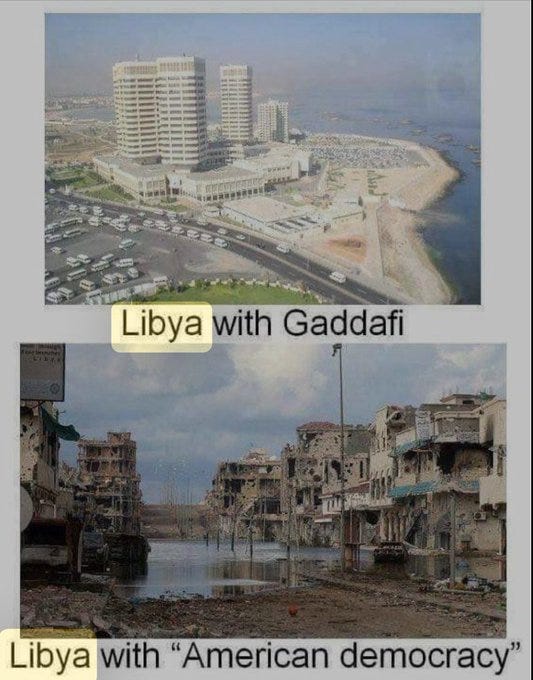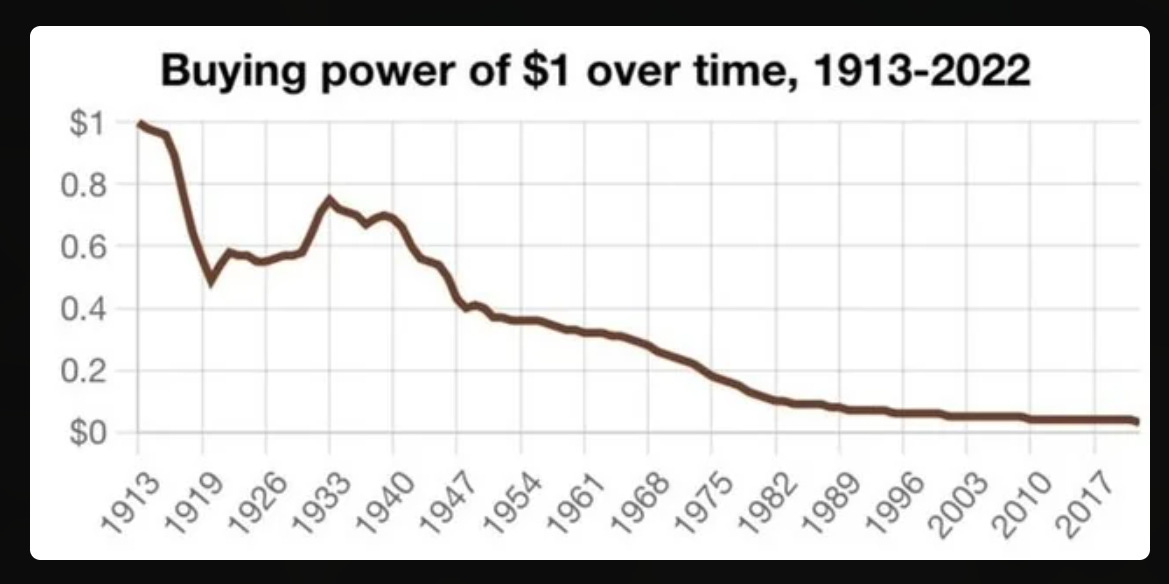Syria in the News Again. The Endless War Machine. America's Imperial Overreach.
Op-Ed by Jon Forrest Little
General W. Clark: "This is a memo of how we're going to take out seven countries in five years."
General Wesley Clark, a retired four-star U.S. Army general and former Supreme Allied Commander of NATO, became a whistleblower in 2007 when he revealed shocking information about U.S. plans to invade multiple countries in the Middle East and North Africa.
In an interview with Democracy Now! on March 2, 2007, Clark disclosed that shortly after the 9/11 attacks, he visited the Pentagon and was informed by a general on the Joint Staff about plans to invade Iraq.
When Clark questioned the reasoning, the general admitted he didn't know why. Weeks later, Clark returned to find the situation had escalated. The general showed him a classified memo outlining a strategy to "take out seven countries in five years, starting with Iraq, and then Syria, Lebanon, Libya, Somalia, Sudan and, finishing off, Iran"
Clark's revelation exposed the neoconservative agenda driving U.S. foreign policy at the time. His audience included the American public and the international community, as he shared this information through various media outlets and public speaking engagements.
The Endless War Machine: America's Imperial Overreach
The United States, once a beacon of democracy, has devolved into an empire of endless wars and global military dominance. Since the 1990s, the U.S. has engaged in a staggering 251 conflicts, with the Watson Institute at Brown University documenting a mind-boggling $8 trillion spent on war since 9/11.
This astronomical figure represents not just taxpayer dollars, but the blood and suffering of millions across the globe.
The U.S. military's global footprint is nothing short of modern-day colonialism. With over 750 military bases spanning 80 countries, America's armed forces have become an occupying presence in every corner of the world.
This vast network of bases serves not to protect democracy, but to project power, intimidate rivals, and secure resources for corporate interests.
The justifications for this imperial overreach ring hollow. From the false pretenses of the Iraq War to the destabilization of Libya and Syria, each intervention has left a wake of destruction and human suffering. The U.S. has repeatedly allied itself with authoritarian regimes, undermining its own purported values of freedom and democracy.
This endless war machine is not about national security; it's about profit and power. Defense contractors grow fat on taxpayer dollars while civilians in far-off lands bear the brunt of America's misguided interventions. The military-industrial complex President Eisenhower warned about has metastasized into a self-perpetuating beast, always hungry for the next conflict.
The cost of this imperial project is not just measured in dollars or foreign lives lost. It erodes America's moral standing, diverts resources from pressing domestic needs, and creates a cycle of violence that breeds more enemies than it eliminates. The U.S. has become trapped in a self-fulfilling prophecy of perpetual conflict, justifying its global military presence with threats often of its own making.
It's time for a radical reassessment of American foreign policy. The era of gunboat diplomacy and regime change must end. Instead of bombs and bases, America should export education, healthcare, and sustainable development. Only by dismantling its empire of bases and redirecting its vast military spending towards peaceful ends can the U.S. hope to regain its moral authority and truly contribute to global stability.
The American people must wake up to the reality of their country's actions abroad. This is not spreading democracy; it's naked imperialism, no different from the empires of old. It's time to end the endless wars, close the foreign bases, and build a foreign policy based on cooperation, not domination. The future of America, and indeed the world, depends on it.
In 2008, at an Arab League summit in Damascus, Muammar Gaddafi issued a chilling warning to fellow Arab leaders. Referencing Saddam Hussein's execution, he predicted a similar fate for those present, stating, "The turn will come to each of you, they will come for you. What happened to Saddam awaits you too"
His words were met with nervous laughter, particularly from Syria's Bashar al-Assad
Gaddafi's prophecy proved eerily accurate. Three years later, Egypt's Hosni Mubarak was overthrown after 30 years in power. Syria's Assad faced a prolonged civil war, narrowly maintaining his grip on power.
Gaddafi himself was ousted and killed in 2011. The video of this warning has since resurfaced, highlighting the irony of Assad's chuckle and the subsequent political upheavals in the Arab world
At the nexus of America's military-industrial complex lies the Federal Reserve, wielding the power to print money and set monetary policy. Its primary clients are the defense industry, supported by a complicit Congress and executive branch. This symbiotic relationship enables endless wars and debt accumulation, perpetuating a cycle of wealth creation for elites
The Federal Reserve, like a serpent, devours its own tail by printing money to fuel endless wars. This financial serpent coils around the defense industry, constricting with cheap credit. Its forked tongue whispers to a complicit Congress and executive branch, perpetuating a cycle of debt and conflict that slowly strangles the nation's economic vitality.
The relationship between the U.S. defense industry, government elites, and financial institutions is a complex web that exemplifies The Federal Reserve is the head of the serpent that crawls throughout it, which posits that a small group of powerful individuals and organizations control the major decisions in society. This theory is particularly relevant when examining the intertwining of military expenditures, national debt, and monetary policy.
The Decline of Purchasing Power and Rising Debt
Decline of Purchasing Power: The purchasing power of the U.S. dollar has significantly decreased over the past century, losing approximately 96.4% of its value since 1913. This decline reflects inflationary pressures exacerbated by expansive monetary policies implemented by the Federal Reserve, which have allowed for increased money supply to finance government spending, particularly in defense.
Explosion of U.S. Debt: The national debt has surged past $36 trillion, a record high that underscores the fiscal irresponsibility of successive administrations and Congresses. This debt is not merely a number; it represents future tax burdens on citizens and potential economic instability as interest payments begin to surpass critical budget items like defense spending
Military Engagements: Since the 1990s, the U.S. has engaged in numerous military conflicts, driven by a combination of geopolitical interests and the profit motives of defense contractors. This military engagement has often been justified under the guise of national security but frequently serves to enrich a select group of elites
The Role of the Federal Reserve
The Federal Reserve's policies have facilitated this cycle of debt and warfare by maintaining low interest rates and expanding the money supply through quantitative easing. By doing so, it has enabled the government to finance its military endeavors without immediate fiscal consequences. This creates an environment where defense spending can balloon unchecked, further entrenching the power of military contractors and political elites.
Power Elite Theory in Action
The convergence of interests among defense contractors, congressional leaders, executive officials, and intelligence agencies illustrates power elite theory in action. These groups work synergistically to perpetuate a system where warfare becomes a lucrative enterprise for private companies while simultaneously expanding government control and influence abroad.
This is not mere coincidence; it is a deliberate strategy to build wealth through warfare. The Federal Reserve acts as a facilitator for this agenda, using its authority to manipulate monetary policy in ways that benefit its clients—banks and government entities—while sidelining public welfare.
Congress often remains complicit, prioritizing defense budgets that enrich their sponsors over addressing pressing domestic issues.
In conclusion, the relationship between warfare, debt accumulation, and monetary policy reveals a systematic approach to governance that prioritizes elite interests over those of ordinary citizens. As long as this cycle continues unchallenged, the U.S. will remain trapped in a path toward economic ruin and moral decay—an empire built on the foundations of perpetual conflict and financial exploitation.
Assad's fall could end a brutal dictatorship that used chemical weapons against its own people. However, U.S. involvement isn't primarily about improving Syrians' lives. Syria's strategic importance to the USA lies in countering Iranian influence, combating ISIS, and maintaining regional stability to protect American interests in the Middle East
Silver and Gold Bring about Peace
A gold or silver standard would inherently limit the government's ability to finance endless wars. With a constrained monetary system, foreign policy adventures would require explicit public approval and funding.
Faced with a choice, the American people would likely prioritize domestic needs over costly military interventions abroad. This fiscal restraint would curb the evil schemes designed to rig trade and prop up a fiat currency through military overreach. A sound money system would force transparency and accountability, making it difficult for elites to pursue imperial ambitions at the expense of the public good.
Ultimately, a return to a precious metals standard could realign foreign policy with true national interests rather than serving the military-industrial complex.
my opinions are not our sponsors opinions (necessarily)






